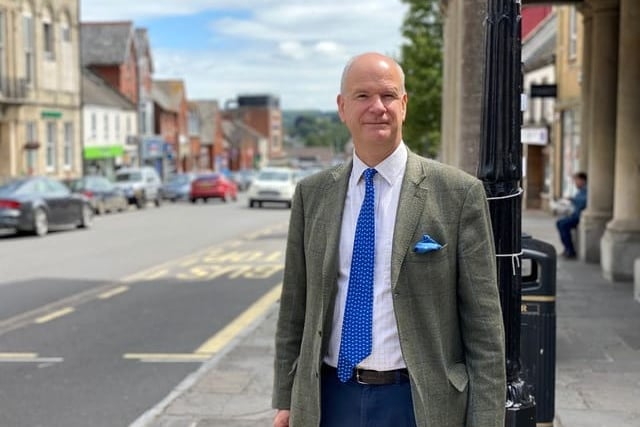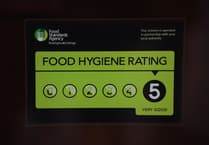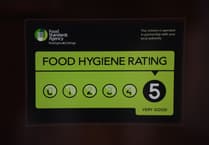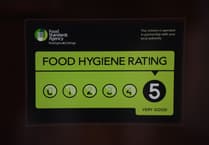In the few years I have been the Police and Crime Commissioner for Avon and Somerset, I have had the heart breaking duty of responding to several fatal stabbings. It is indeed a heart breaking duty. The three fatal stabbings in Bristol recently have moved me to speak.
To think about these children with their whole lives ahead of them, who have had their lives taken, the loss to their families, and also the loss to the families of those who commit these crimes—it makes the heart ache. And things don’t need to be like this.
Unfortunately, this is not isolated to one month, one area, or one gang. According to the Home Office, there were nearly 49,000 crimes in England and Wales involving knives or sharp objects during the year ending September 2023, and data from NHS Digital shows there were 3,775 “hospital episodes” recorded in English hospitals in 22/23 that were due to assault by sharp objects. This cannot go on.
I want us to think about how we, collectively, can stop it. How do we reach out early enough to the young people who end up involved in knife crime? How can we alter the course of their lives?
The Home Office, Councils, and charities are trying hard to fix the problem. I know from working with these caring people that their shoulder is to the wheel. Time and money invested in creating opportunities provided by dedicated professionals. But it is not enough. We need answers as to why these interventions aren’t reaching those who need them most.
I believe as a society, we need to make our young more resilient and resistant to gang culture that leads to crime and violence. We need to give them tools and education to resist gang involvement. Many say this cannot be achieved, but I disagree; it can if we set our minds to the problem, which we must, we can solve it. There is both a moral and a financial imperative to do so. A few years ago, I worked for an American NATO commander who had a saying: “You can’t wring your hands and roll up your sleeves at the same time; you have to choose one or the other.” Well, I choose to roll up my sleeves, to try, and if we are to succeed, I need your support.
There are mechanisms in place to help the young, but they all kick in once they have fallen out of full-time education. Not only are the costs considerable, but for some, I worry it may be too little too late. The young person is left trying to negotiate life with few or no qualifications. How easy will it be for them to find apprentices, to find work, to resist the seemingly easy wins they may be offered by criminal activity?
What we are currently doing is not working. “The definition of insanity is doing the same thing over and over and expecting different results.” I propose that we must be both brave and bold to make the change we and our young people need. We need to help these young people, and we need to help them now.





Comments
This article has no comments yet. Be the first to leave a comment.